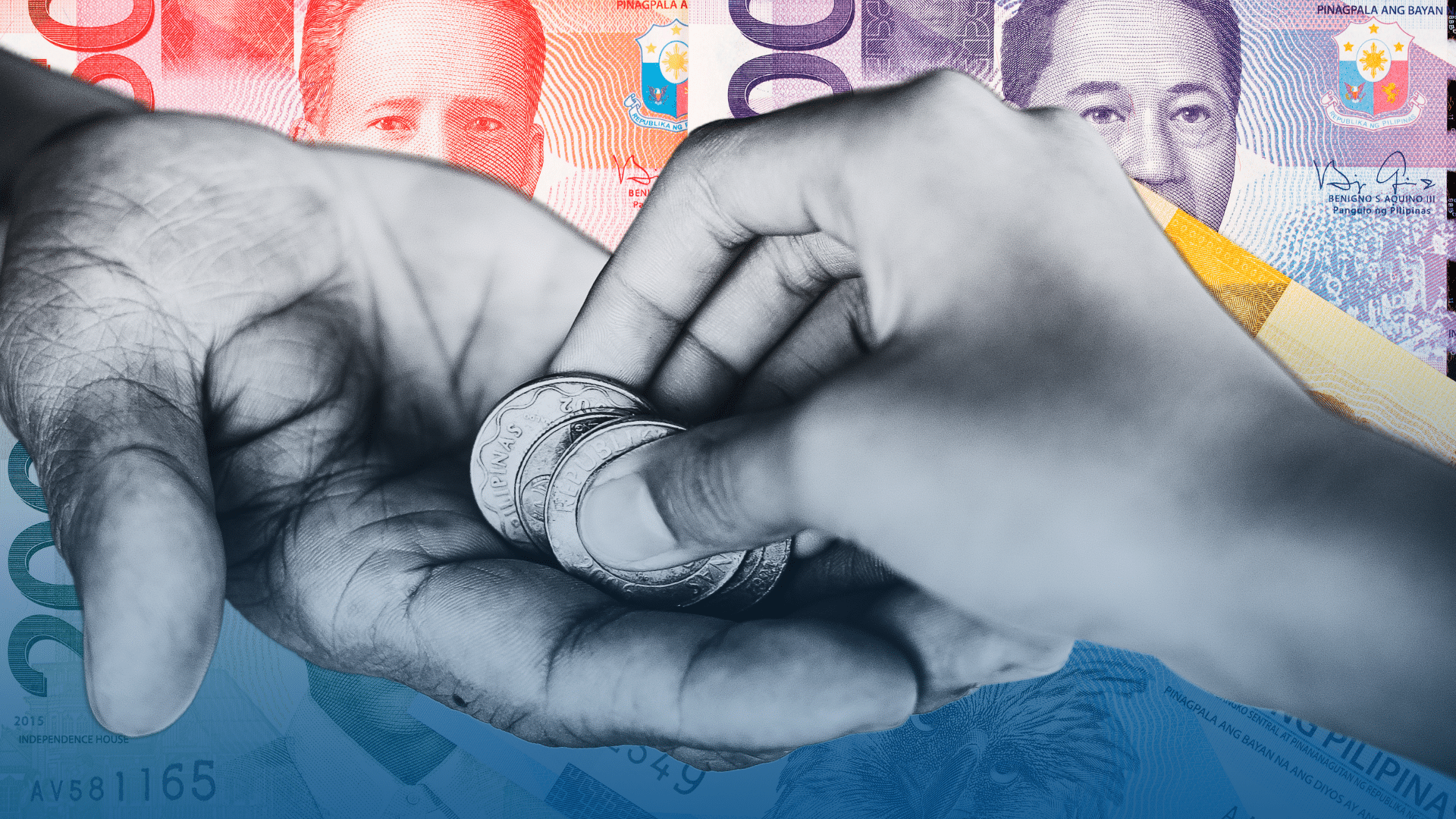
FILE / STOCK
MANILA, Philippines — The national government is committed to addressing potential pressures to the country’s inflation rate to maintain its downward trend, the National Economic and Development Authority (Neda) said Thursday.
Neda made the pronouncement after the Philippine Statistics Authority reported that the country’s inflation in August eased to 3.3 percent, its slowest rate in seven months due to a slower rise in food and transport costs.
READ: Philippine inflation eased to 3.3% in August
The Neda, for its part, attributed the downtrend to the reduced import tariffs on rice.
According to Neda, however, potential pressures could still affect the inflation, such as higher electricity rates and above-normal weather disturbances.
“The government is prepared to address these pressures to ensure stable inflation,” said Neda Sec. Arsenio Balisacan in a statement.
“Preparations to counter the effects of the La Niña phenomenon are underway, including improvements in early warning systems, the utilization of communication systems to issue warnings about dam openings, measures to address the potential accelerated speed of livestock diseases, and greater involvement of local government units in information dissemination, are in progress,” Balisacan added.
Among the measures being conducted is the expansion of the KADIWA ng Pangulo program in the Visayas and Mindanao to enhance access to affordable agricultural products.
The Energy Regulatory Commission (ERC) is urged to expedite the full implementation of the lower retail competition and open access threshold. The ERC is considering reducing the threshold from 500 kW to 100 kW, which would enable more electricity end-users to participate in the program.
It also noted that the government already allocated P15 billion for national risk reduction in 2024.
“The government will continue to implement measures to reduce further inflationary pressures, including enhancing agricultural productivity, expanding logistics infrastructure, and ensuring the efficient delivery of social services,” said Balisacan.
“These efforts are crucial not only for stabilizing prices but also for ensuring that economic growth translates into tangible improvements in the lives of all Filipinos,” he added.
Inflation downtrend to benefit households, businesses
Meanwhile, Balisacan said the continued downtrend of inflation will significantly benefit households and businesses, promoting increased consumer spending and stimulating economic activity.
“The sustained easing of inflation will support growth in household consumption, which elevated prices have long suppressed. Low-income households will benefit from the decline in food inflation, as food constitutes more than half (51.4 percent) of the consumption of the bottom 30 percent of households,” Balisacan explained.
The moderation in inflation would also further encourage investments, said Balisacan, especially with borrowing costs now at a decline.
“Most importantly, the appetite for business expansion will improve as consumer spending increases,” he added.